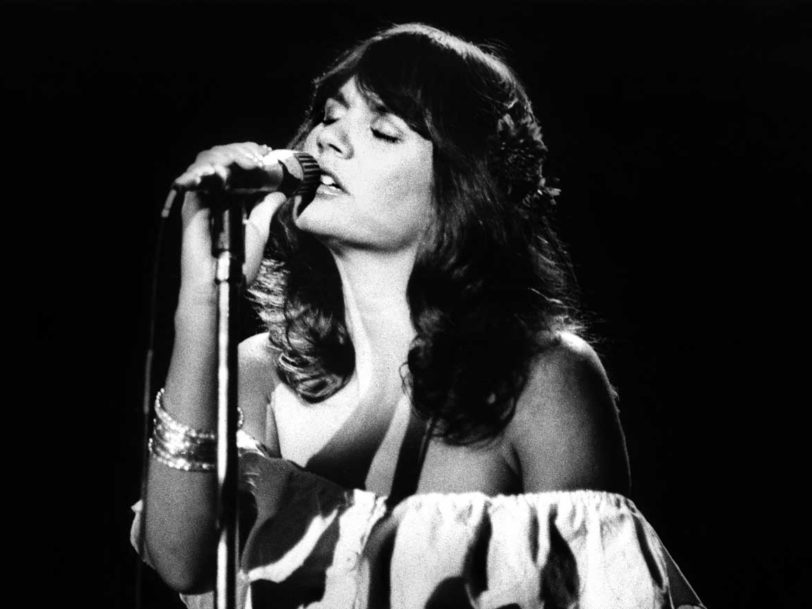Linda Ronstadt is one of the most versatile vocalists of all time; the best Linda Ronstadt songs prove that she excelled at singing country, rock’n’roll, big band, jazz, opera, Broadway standards and Mexican tunes. Her four-decade career produced sales of more than 50 million albums and earned her ten Grammy Awards, the National Medal Of Arts and membership in the Rock And Roll Hall Of Fame.
Though Ronstadt, who was born in Tucson, Arizona, on 15 July 1946, was never a songwriter, she was one of the most astute artists ever when it came to picking the right songs to cover. She recorded brilliant interpretations of songs by Warren Zevon, Neil Young, Elvis Costello, Randy Newman, James Taylor and Jimmy Webb, among many others.
In her late career, before Parkinson’s disease rendered her unable to sing, Ronstadt triumphed with albums of Mexican music and, later, records that honoured The Great American Songbook. At her peak, Ronstadt left an indelible mark on the classic-rock era with hits such as That’ll Be The Day and It’s So Easy.
Listen to the best of Linda Ronstadt here, and check out our best Linda Ronstadt songs, below.
https://open.spotify.com/playlist/37i9dQZF1DZ06evO0OfBwg?si=4a986883b19b4fab
20: Sail Away (1973)
“You have to mark me down as a drooling, slobbering Randy Newman fan,” said Linda Ronstadt, who first cut one of the great songwriter’s compositions when she was just 22, when she covered Bet No One Ever Hurt This Bad in 1969. She also recorded a moving rendition of Newman’s haunting love song Feels Like Home. Her splendid version of Newman’s masterpiece, Sail Away, a withering satirical song about the slave trade, was on her 1973 album, Don’t Cry Now. The track featured the brilliant drummer Russ Kunkel and Steely Dan guitarist Larry Eugene Carlton. Ronstadt often sang backing vocals on Newman’s albums – and she returned to work with him on his 1995 album, Randy Newman’s Faust. “Randy’s stuff is really hard to sing because it has so many layers, and his writing is doing the commenting, is doing the 19 layers that’s making a fool of the primary voice,” Ronstadt said. Newman in turn said her voice was so powerful that he affectionately nicknamed her “Mighty Mouse”.




